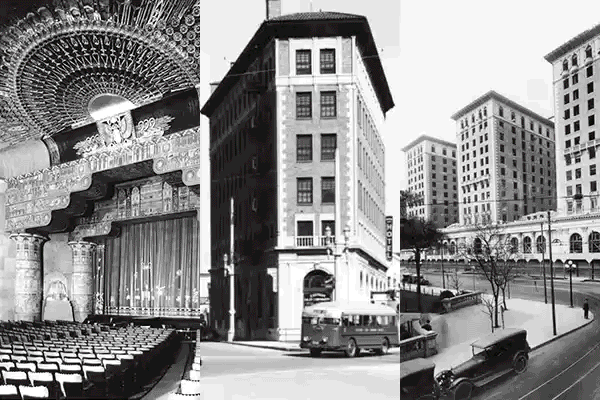Culver City OKs Drug Center Despite Pleas
- Share via
The Culver City Council has voted to allow a drug treatment center on Washington Place despite objections from nearby residents who say the proposed facility threatens the security of the neighborhood.
After hearing testimony from both sides, the council on Monday unanimously approved a conditional-use permit to allow Chabad of California, an orthodox Jewish education and social service organization, to open a 22-bed residential drug treatment center for recovering women addicts. The vote overturned an earlier 3-2 decision by the city Planning Commission, which sided with the protesting residents.
Council members said it was unlikely the residents’ fears would be realized and that programs such as Chabad’s help combat the country’s growing drug problem.
“I think it’s our responsibility as a community to try to help people get off drugs,” said Councilman Richard M. Alexander. “And I would like to request that the homeowners extend their charity to the Chabad group.”
The debate over the center, to be located in a vacant apartment building at 11217 Washington Place, revolved around the question of whether the facility would attract drug dealers and addicts. The neighborhood of single-family homes is on Tuller Avenue, which is north of the center and between Sepulveda Boulevard and the San Diego Freeway.
Panhandlers and Addicts
“I have two small children, and I do not feel comfortable having this (facility) on our block,” said Roni Trigueros, who lives next door to the apartment complex.
Lynne Davidson, a manager at Tito’s Tacos across the street from the apartment building, said she has had to chase away panhandlers and drug addicts, who come from other treatment facilities in the area.
Chabad claims a 55% success rate, “but what happens to the 45% who are not successful?” at getting off drugs, asked Davidson, who represented several residents of Tuller Avenue. “All they can do is release them out the front door, and that’s what we’re concerned about.”
But Stephen Bailey, director of the Chabad treatment center for men in Beverlywood, testified that the men’s facility has not harmed that neighborhood, and that he does not expect any problems with the women’s center.
“There have been no problems in the 10 years since the men’s program started,” said Bailey. He would serve as director of the women’s center as well. “No police have ever come. No neighbors have ever complained,” he said.
Bailey said the 12-month program, whose applicants are carefully screened, consists of individual and group psychotherapy sessions as well as practical education classes. Priority will be given to women with young children, although the center will be limited to a maximum of 18 adult women and four children.
Rehabilitation Emphasis
“The program is not meant to get women off drugs--they are off drugs when they come--but rather to rehabilitate their lives,” he said.
The women’s visitors must make appointments, and the patients will not be allowed to leave the premises without supervision. Nor will they be allowed to have automobiles, Bailey added.
But Paul Jewell, a 23-year resident of Tuller Avenue, said he was not assuaged by Bailey’s presentation. He remained convinced that the facility would bring with it an increase in crime and lower property values.
Jewell, who said his home has been burglarized twice recently, accused the council of “railroading” the issue.
“The Planning Commission listened to our stories and the City Council completely ignored them,” Jewell said after the decision. “All the businesses in the area were against it, and they still approved it.”
Bailey, however, applauded the council’s decision.
“I was impressed with the council’s sensitivity to the importance of such an activity,” he said. “I have little doubt that the fears of the neighbors will not be realized. They’ll see that there won’t be a disruption.”
The council ordered city staff to report in six months on what effect the facility has on the neighborhood.
More to Read
Sign up for Essential California
The most important California stories and recommendations in your inbox every morning.
You may occasionally receive promotional content from the Los Angeles Times.










